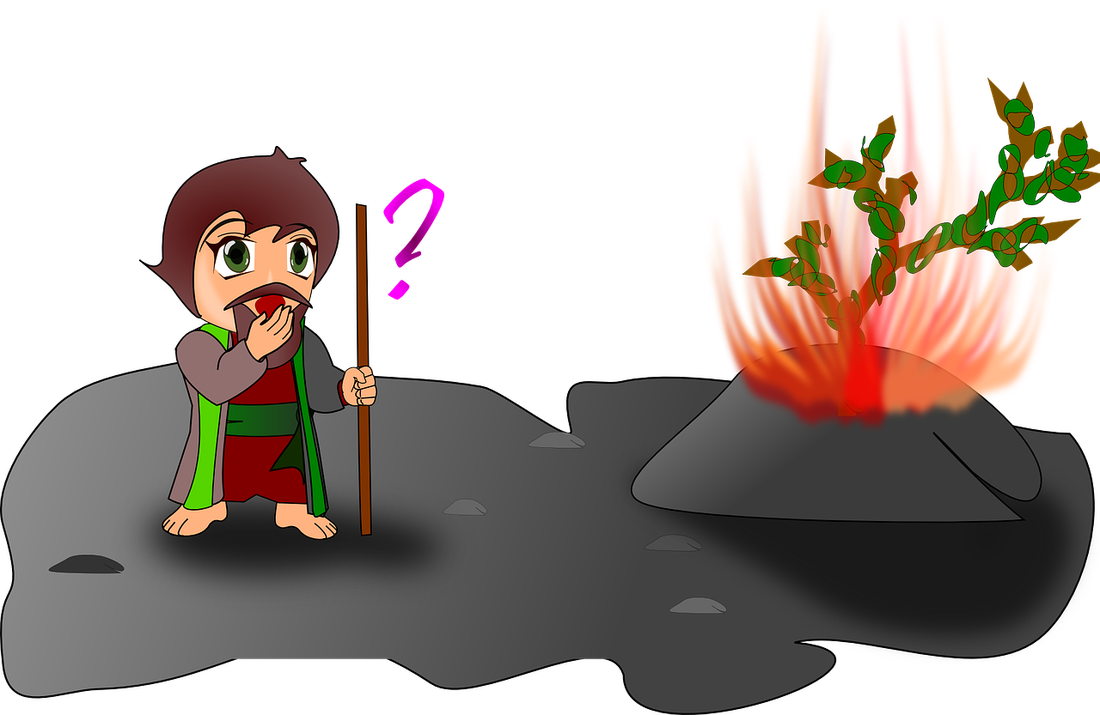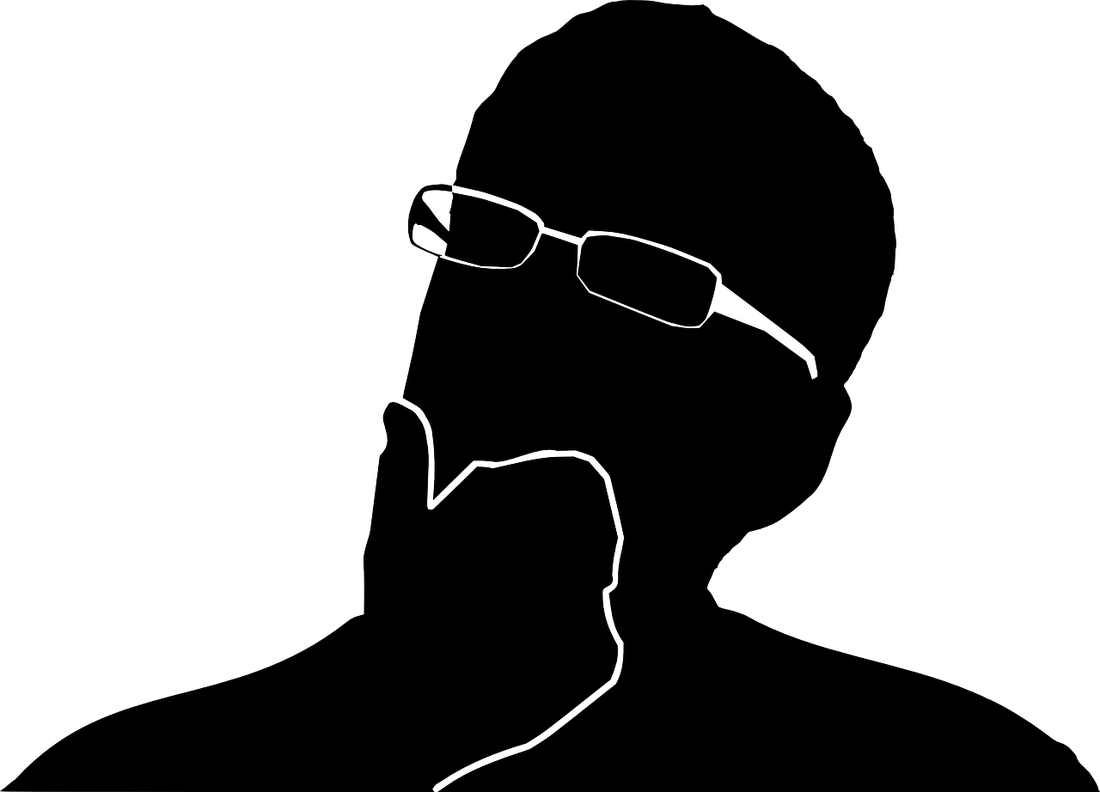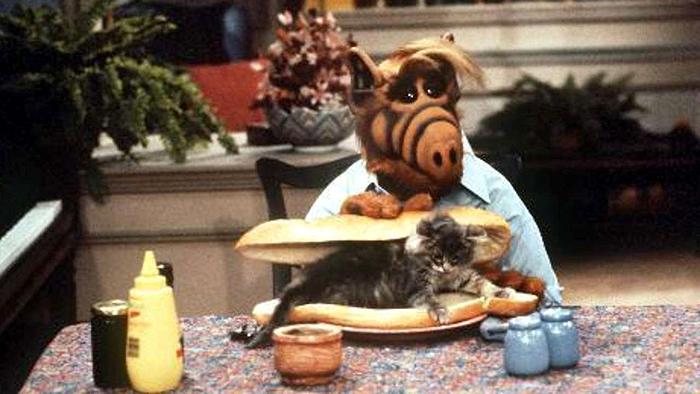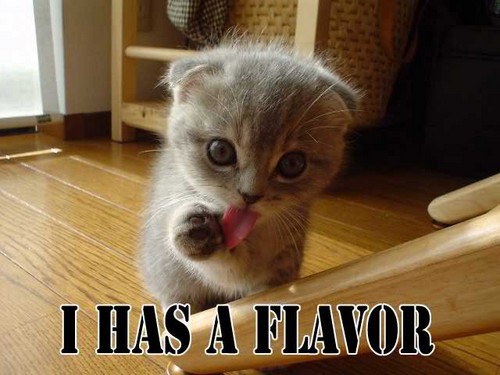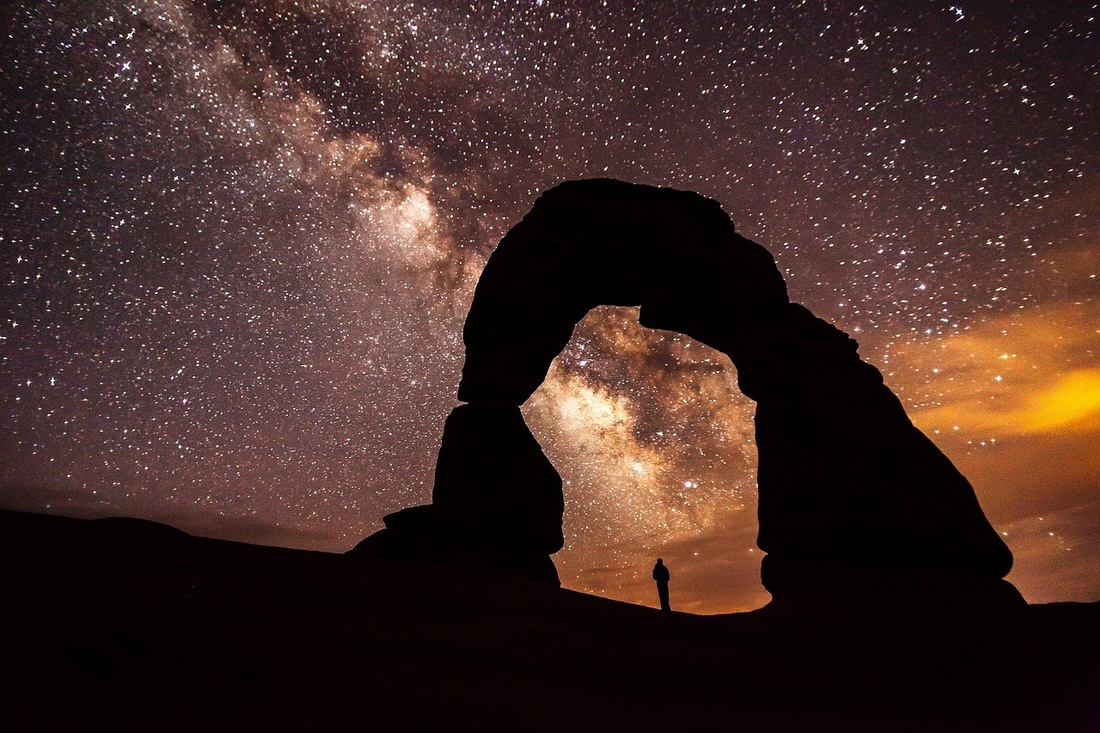---------------------------------------------------
If you could view the world through other people's eyes, what would you see? This question had ceased to be either hypothetical or metaphorical for Cecilia. She had just tried out the remarkable U-View™ Universal Visual Information Exchange Web. This enables one person to connect themselves to another in such a way as to see exactly what that person sees, as she sees it.
This is a remarkable experience for anyone. But for Cecilia it was even more startling. For when she saw the world as her friend Luke did, it was as though the world had turned inside out. For Luke, tomatoes were the colour she knew as blue. The sky was red. Bananas turned from yellow to green when they ripened.
When the U-View people heard about Cecilia's experience they subjected her to further tests. It transpired that she saw the world with what they called an inverted spectrum: every colour looked to her like the complement of the colour it looked to other people. But of course, because the differences were systematic, if it weren't for the U-View system no one would ever have known. After all, she rightly called tomatoes red just like everyone else.
Baggini, J., The Pig That Wants to Be Eaten, 2005, p. 175.
---------------------------------------------------
As Baggini says in his own discussion of this, "The fact that people might see the world in a different way to ourselves (or hear, smell, taste, or feel it differently for that matter) is little more than an intriguing sceptical doubt. ... There is no way to get behind your eyes to see what blue really looks like to you. I just have to assume that, given our similar biologies, there is not much difference between how we both see a clear summer sky."
We've gone over this barrier to others' knowledge quite a lot in other experiments, and I'm sure we'll need to talk about it again in the future. In my post containing An Evolutionary Response to Hume's Missing Shade of Blue, for example, I further discussed the famous thought experiment where "a girl named Mary 'knows everything' there is to know about red but has never seen red. Once she does, she learns something new, which supposedly shows there must be something beyond the physical world. As I said, this is hogwash "because Mary does not have 'all the physical information' and cannot know 'all there is to know' about this subject without having experienced it firsthand. Why? Precisely because we live in a physical universe where mental imaginings are not enough to move the physical atoms that make up the nerves in our eyes and the synapses in our brains. In philosophical terms, there is a real epistemic barrier to what we can learn no matter how much we sit in our rooms and read and think."
So fine, knowledge is probabilistic and we admit we can't *Know* with a capital K that others see the world as we do, but the "similar biologies" that Baggini casually mentioned actually make it profoundly likely that we do. This is where an evolutionary perspective on the matter really helps.
In 2013, BBC ran a great five-episode program hosted by Brian Cox called Wonders of Life, which (besides being full of wonder) contained an excellent seven-minute segment during episode two about the evolution of sight. It's a perfect clip for illuminating the depth of the biological similarities that Baggini wants us to consider. You can watch the seven-minute video below, but here are the most relevant bits of dialogue taken from the transcript of the entire show:
"Sensing—the ability to detect and to react to the world outside—is fundamental to life. Every living thing is able to respond to its environment.
Almost all animals can see. 96% of animal species have eyes. And on a molecular level, every eye in the world works in the same way. In order to form an image of the world, the first thing you have to do is detect light, and I have a sample here of the molecules that do that....specifically, the molecules that are in the black and white receptor cells in my eyes, the rods. The molecules are called rhodopsin. And the moment I expose them to light, you'll see an immediate physical change. [SEE IMMEDIATE CHANGE IN COLOUR OF SOLUTION]
In my eyes, what happens is that change in structure triggers an electrical signal which ultimately goes all the way to my brain, which forms an image of the world. It is this chemical reaction that's responsible for all vision on the planet. Closely related molecules lie at the heart of every animal eye. That tells us that this must be a very ancient mechanism. To find its origins, we must find a common ancestor that links every organism that uses rhodopsin today. We know that common ancestor must have lived before all animals' evolutionary lines diverged.
So what is that common ancestor? Well, here's where we approach the cutting edge of scientific research. The answer is that we don't know for sure, but a clue might be found here, in these little green blobs, which are actually colonies of algae, algae called volvox. We have very little in common with algae. We've been separated in evolutionary terms for over one billion years. But we do share one surprising similarity. These volvox have light-sensitive cells that control their movement. And the active ingredient of those cells is a form of rhodopsin so similar to our own that it's thought they may share a common origin.
To find a source that may have passed this ability to detect light to both us and the algae, we need to go much further back down the evolutionary tree. To organisms like cyanobacteria. They were among the first living things to evolve on the planet, and it's thought that the original rhodopsins may have developed in these ancient photosynthetic cells. So the origin of my ability to see may have been well over a billion years ago, in an organism as seemingly simple as a cyanobacteria."
I wrote quite a bit more in my post on Hume's Missing Shade of Blue about how our color-vision cones work on a similar chemical basis, but there's no need to rehash that here. After looking at all the knowledge biologists have gained about how our vision works at the molecular chemical level, it seems really silly to me for philosophers to keep pondering about whether we individual humans see the colors of the world the same way or not. Sure there are slight variations and mutations that may change things in teeny, tiny ways, but with a billion plus years of shared evolutionary history behind us (and considering that history also includes the development of eyes throughout the entire kingdom of life), the differences are nothing to really worry about. Of course, if you see things differently, let me know in the comments below.


